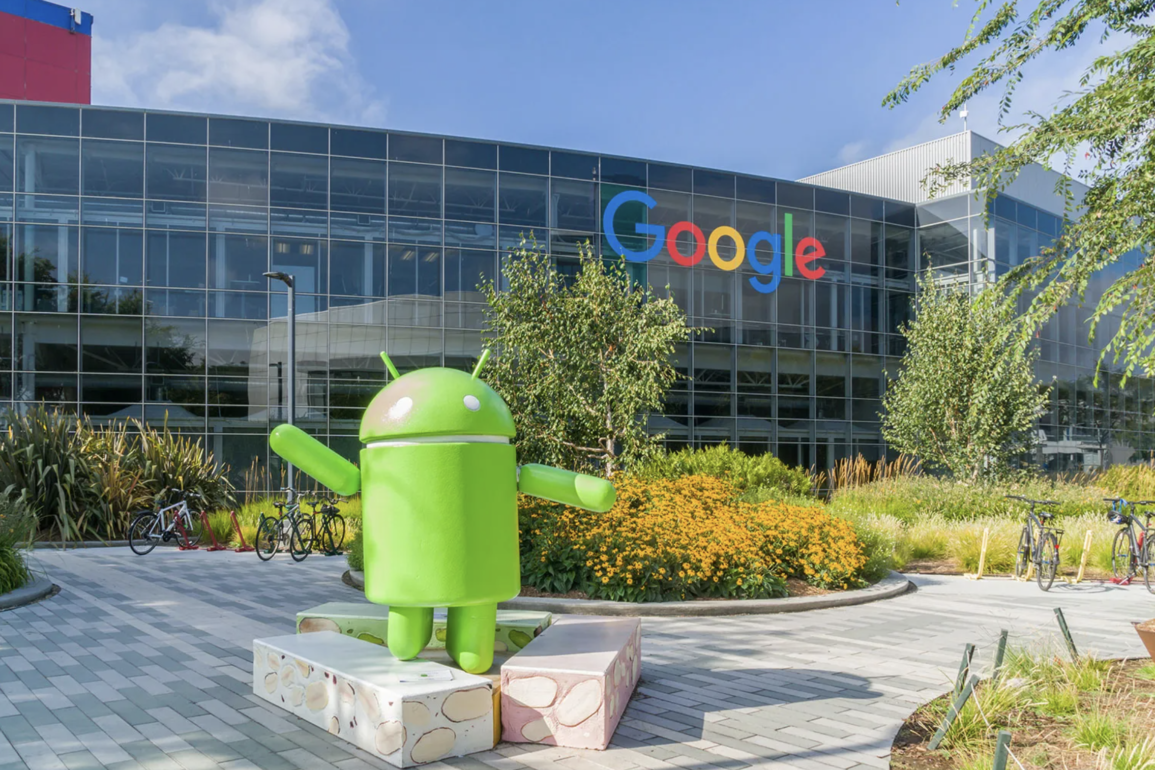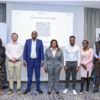Google on has reaffirmed its commitment to Africa with a slate of new investments, including four subsea cable hubs, $9 million for universities, and free AI tools for students, but the promises fall short of addressing the continent’s most pressing digital challenges.
The tech giant’s latest push includes subsea connectivity hubs in the north, south, east and west of Africa, designed to create “new digital corridors within Africa and between Africa and the rest of the world.”
It also announced free one-year subscriptions to its premium AI plan for students in seven countries and pledged $9 million in fresh funding for African universities and research institutions.
Subsea cables, however transformative, do little to address the high costs of internet access within countries, where last-mile connections remain prohibitively expensive for millions. The $9 million for universities is also seen as a modest sum compared to the billions Google earns annually, raising doubts about whether it can meaningfully bolster African research ecosystems long starved of funding.
The AI offer, while headline-grabbing, comes with similar caveats. Free subscriptions to Google’s AI Pro plan may expose more students to cutting-edge technology, but only those with stable connectivity, personal laptops, and reliable electricity can benefit. In rural regions, where many institutions lack basic computer labs, the impact could be negligible.
Without systemic investments in hardware, teacher training, and energy infrastructure, the subscriptions risk deepening divides between urban elites and underserved communities.
Google maintains its optimism. “Africa’s digital economy holds immense potential, and it will be driven by the talent and ingenuity of its next generation,” said Alex Okosi, the company’s managing director for Africa. “Today’s announcements, spanning AI education, advanced tools for students, and expanded connectivity, are a unified investment into the upward trajectory of the continent. We are committed to providing the foundational infrastructure, the cutting-edge tools, and the financial support necessary for Africa’s youth to innovate, lead, and build a thriving digital world.”
Yet the announcement underscores the tension between global tech giants’ ambitions and Africa’s realities. Despite $1 billion in cumulative investment and claims of training seven million Africans, internet penetration remains uneven, power outages remain a daily disruption, and local startups continue to struggle for capital.
For many, the question is less about Google’s commitment and more about whether these investments can ever meet the scale of Africa’s needs, or whether they simply secure the company’s foothold in the continent’s digital future.




